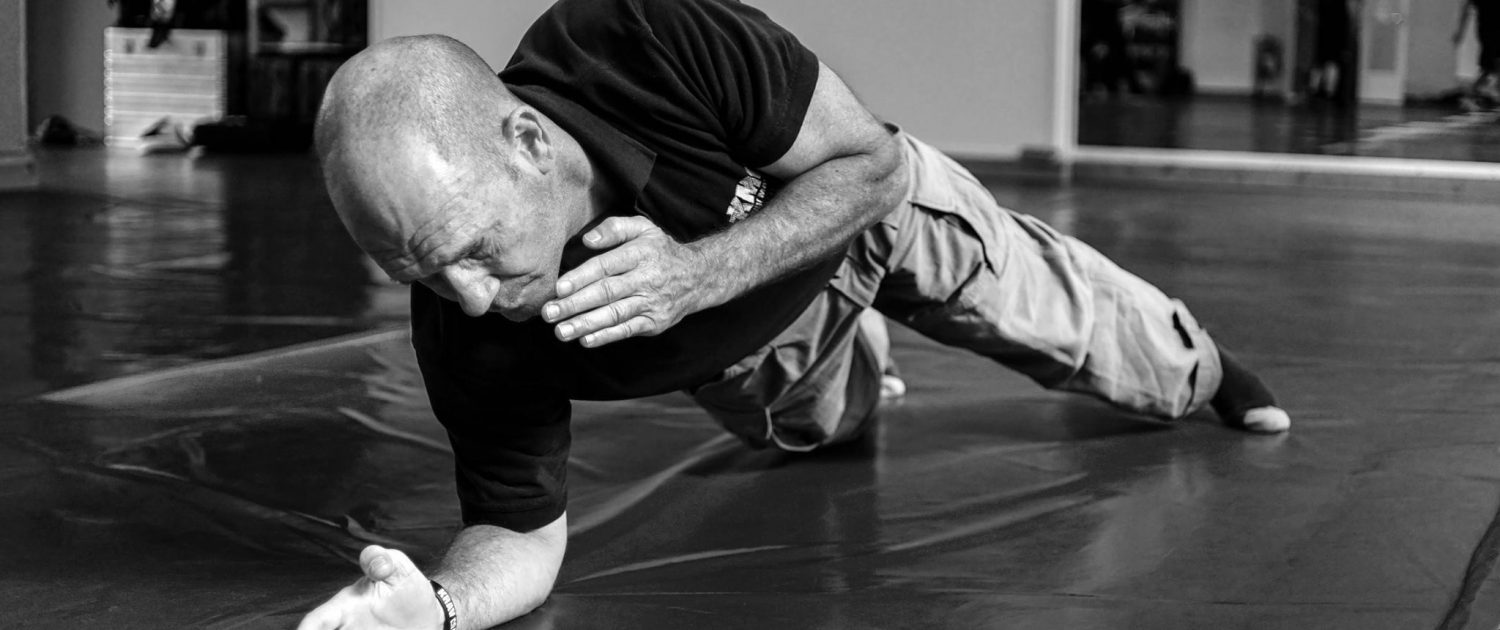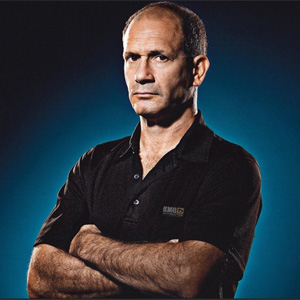Testing & Grading – The Benefit Of Failing
During the month of June we set a new personal record for grading events for Graduate and Expert levels. Around 80 people were tested, about 20% of them will need to take extra periods for repetitions and then get re-tested on part or the whole material (all depends on the results). Simply put – they failed to reach the needed level (the demand is a high score of 80%).
Failing is a punch to the ego. It hurts ones self-esteem. One does not like to fail, whether it’s a test, demand or mission. There are many businessmen, owners of successful companies and great entrepreneurs who failed several times, but eventually managed to succeed. What is the main difference between a successful person and a non-successful one? A successful person gets up after taking a falling down. This person tried again and again until success was reached. The non-successful person either did not try at all or gave up after the failing. Most people either don’t try at all or give up after the first failure.
After the Expert level test on the 16th of June, when we had several people who did not manage to pass the levels of Expert 1, 2 or 3, I gave a short speech before delivering the results and brought the example of one of the examinees, Lasse from Finland. Lasse did not manage to pass the Expert test in his own country. What he did afterward definitely deserves our attention. He did his best to get better. He did not feel sorry for himself (and if he did it was not seen or talked about). Lasse came to the expert level training in Hungary when we held an E-camp. He got there not feeling well and participated partially.He then arrived to Israel for the E-camp and I am sure he trained in Finland too. His level improved significantly. He passed the test in Israel. This is definitely an achievement.
Are you going for a test?
All you can do is your best. Do the best preparation and best test you can. Take this mission seriously, but don’t take yourself seriously. You have no control over what the examiner is thinking. You can’t see things through the eyes of the examiner. You can’t control his mind, so you have only one thing to do – your best. This is the way to influence the results and outcome. Others (the examiners) will make the decision whether you pass or fail. You must not be influenced mentally by this. Be firm and indifferent. Focus on the doing, so stress will not arise and will not influence your performances. Occupy yourself with the action, with the practice.
How is the examiner expected to behave during the test?
The examiner should function as a doctor during an operation on a patient. For a high level doctor it doesn’t matter if the patient is old or young, male or female, ugly or beautiful. The doctor shouldn’t care if the patient is an old friend or a complete stranger. There should be no emotional influence or impact on the examiner, except for the fact that the trainee in front of him deserves the maximum attention and respect. Remember that this is a person that needs evaluation for his or her abilities, that this person has got an instructor who was teaching him/her for a certain period of time. The instructor of the trainee should have done, within his/her limitations and power, the best to prepare the trainee for the grading. Even if the instructor didn’t do that (regardless of what may have caused this), still the respect should be there. Naturally the instructor and the trainee should get feedback about the levels and mistakes, the outcomes and means of improvement.
If the trainee passed the test, what does it mean?
It only says that the trainee got a sufficient mark to pass the test. It does not mean that there were no mistakes. Naturally there is always room for improvement. Remember – when we check a specific technique, let’s say a strike or a defense against a knife attack, the P1 trainee will be able to pass after exhibiting a certain level. However, if a G1 or an E1 trainee shows the same level as a P1, that trainee will probably fail. The “name of the game” is training, getting better, excelling.
If you pass the test, should you be happy?
Perhaps, but this is surely not recommended, as it often leads to the negligence of the duties and the serious approach to training. Sometimes people stop training after reaching a certain grade, sometimes even after passing a P1 test. After the test, definitely one should look for any remarks from the examiner, feedback and mistakes that need to be improved.
At KMG, we try to take a segment of the grading closer to reality. But the grading is not reality and will never be. The test shows the level at what the test is checking. There’s no 100% correlation between a test and reality. Some people may be good in getting tested but may find it harder to function under real “street” conditions; some people will be the opposite. It is like certain types of athletes who are good at training but will usually fail in competition.
And what if you failed a test? What should you do then?
Should you complain and put the blame and responsibility on the examiner (whom you can’t control and whom should have acted like the doctor during an operation)? Should you say that the examiner liked your partner and dislikes you because you were better than others? Maybe you should lie down and stomp with your feet on the ground? That may have worked on your parents when you were 4 years old and helped you get the toy you desired. Surely the fact that your parents surrendered to your childish behaving made it harder for you to handle failure and cope with disappointments.
What should you do following a failure?
There is only one way. Understand and accept that the examiner thought you were not good enough, that you need more training, more experience, more monitoring by a qualified instructor. Use this opportunity to get tools and capabilities to deal with failure and disappointment. Start spending time and put more effort to get better, to clear and clean your mistakes. This may need an effort of 2 hours per week for couple of months or 10 times more than that if you have deeper gaps in knowledge and abilities. Accept the fact that you may not be who you thought you were and still you are a unique person, someone who is able to reach great heights, perform excellently and do great deeds. All you need is to continue, because if you stop now you will never make it.
AND you should be thankful for the examiner who put that hurdle, that step, that barrier in front of you – for this is the opportunity to improve and excel. That examiner was merely a mirror that was placed in-front of you and showed you who and where you are (in the world of KMG) and then sent you to improve “your looks”.
Train well and get better.
All the best and be safe,
Eyal





